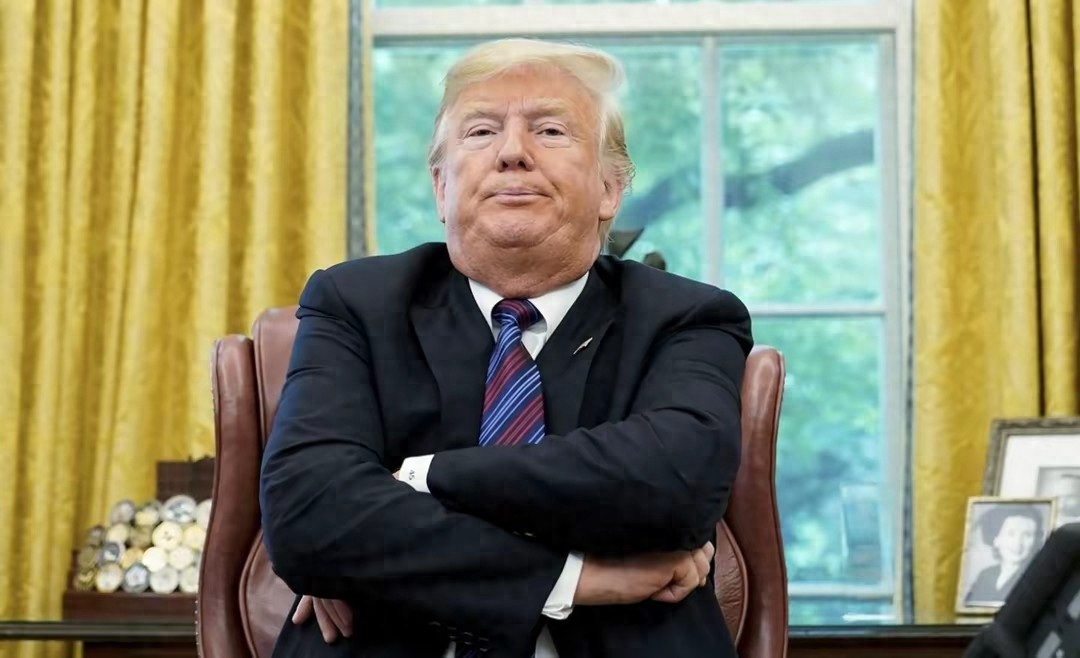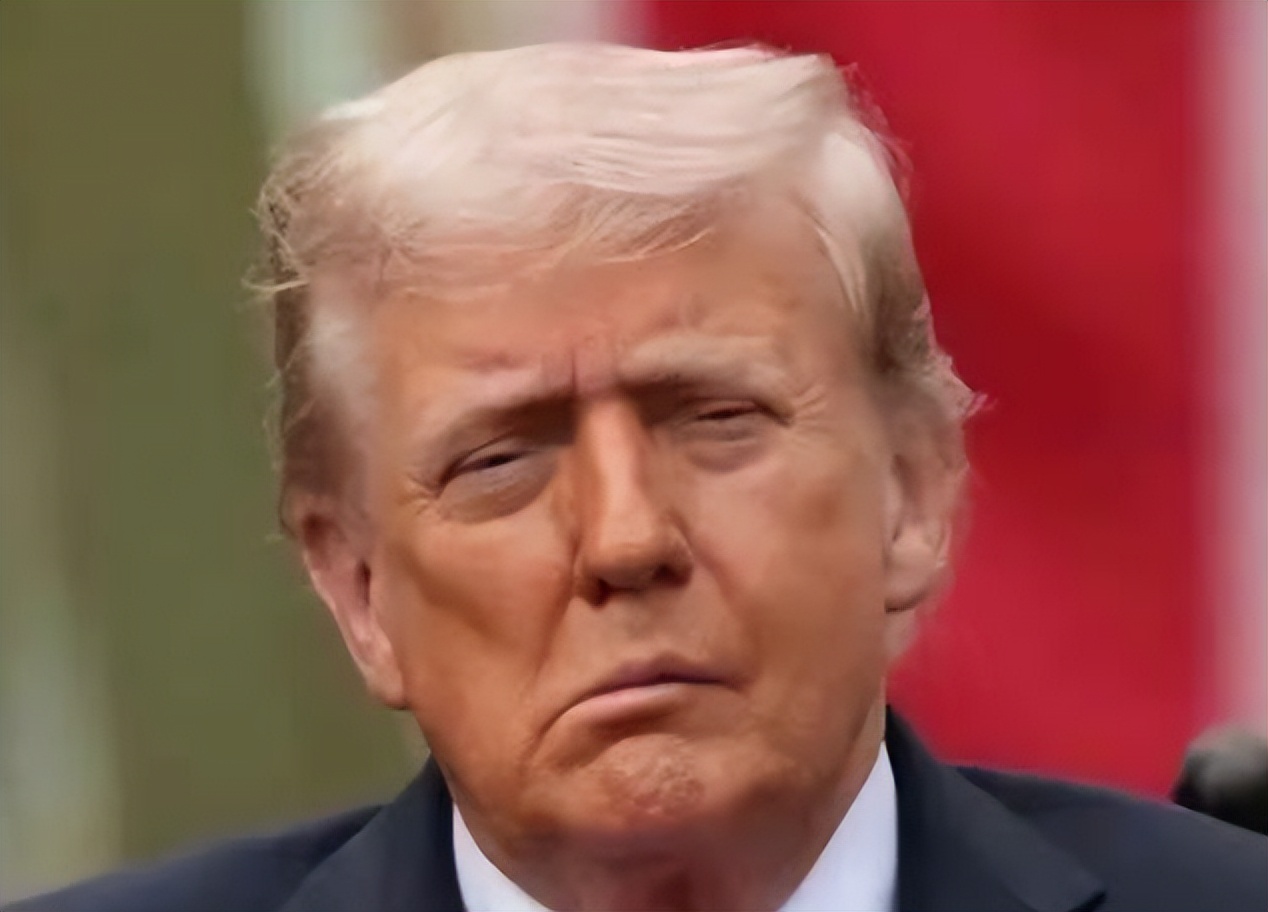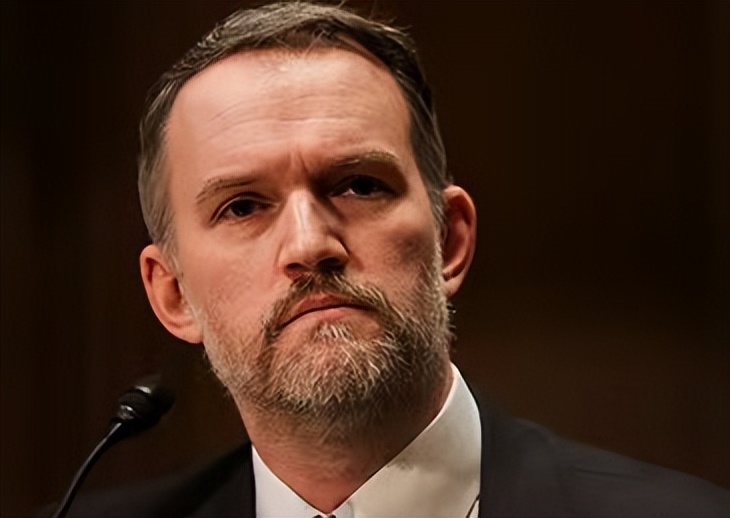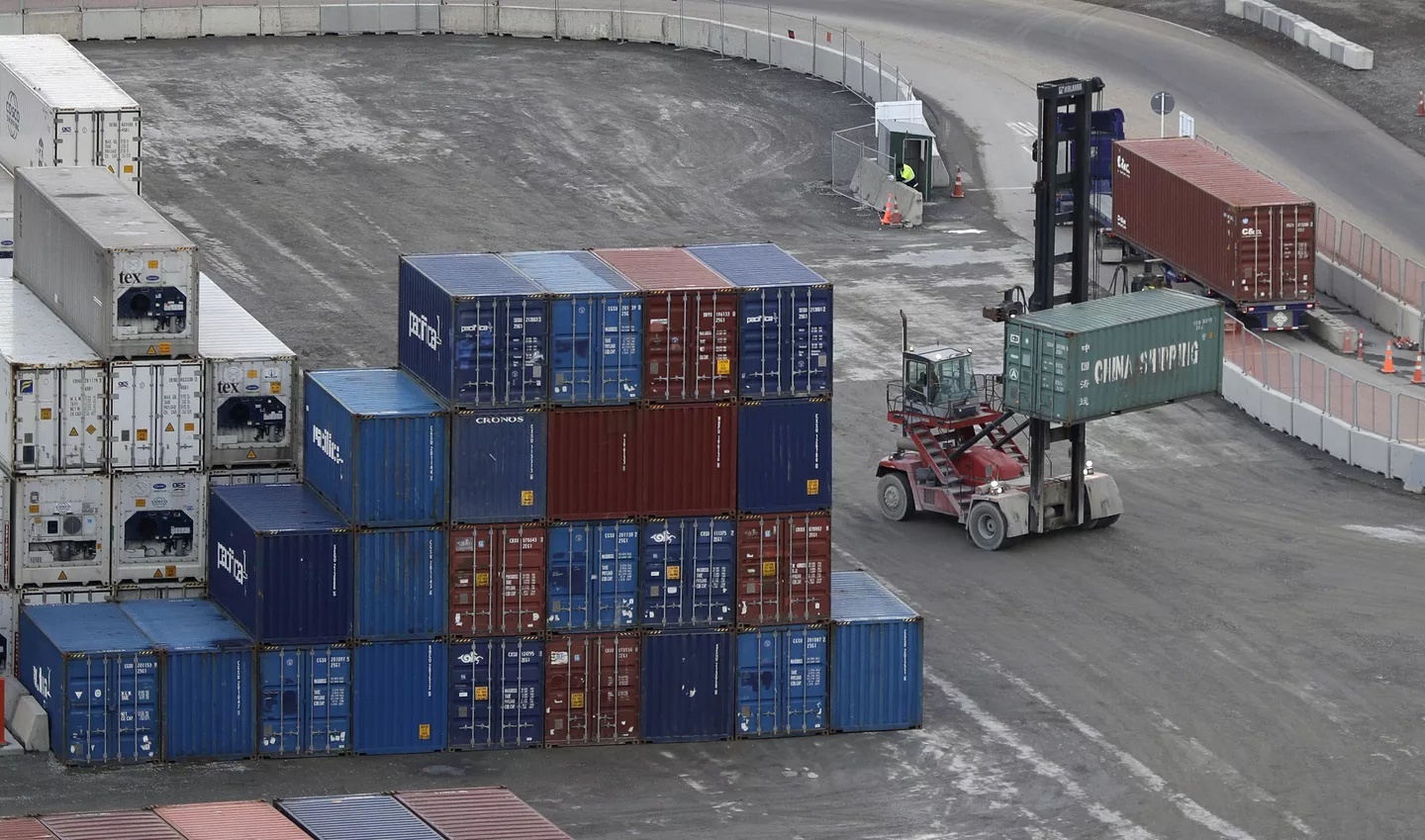After the U.S.-China talks, two pieces of news about U.S. trade policy were released almost simultaneously: first, the tariff policy of Trump was declared terminated by the U.S. Senate.

Secondly, U.S. Trade Representative Griles stated that even though a "trade truce" consensus has been reached between the U.S. and China, the investigation into whether China has complied with the trade agreement signed during Trump's first term will continue.
On October 30 local time, the U.S. Senate passed a joint resolution by a vote of 51 to 47, which means terminating the comprehensive tariff policy implemented globally by the Trump administration.
Previously, the Senate had already taken a step forward, passing two targeted resolutions to specifically cancel the tariff policies imposed on Canada and Brazil.
It should be noted that since Trump returned to the White House, the global "tariff war" he launched under the banner of "America First" has put significant pressure on the U.S. economy.
The Senate's move seems to aim at easing trade friction and reversing the current unfavorable situation.
But these actions seem more like "domestic performances," unlikely to make a real impact. Why is that so?
According to the process, the resolution to terminate tariffs needs to be submitted to the House of Representatives for voting, but the Republican-led House of Representatives has repeatedly blocked legislative efforts to overturn tariffs.

Now, the Republicans in the House still hold the majority, and the resolution is likely to be set aside again.
Even if it manages to pass the House, it would require a two-thirds majority in both chambers to override Trump's possible presidential veto. The difficulty is self-evident.
What is interesting is that just at the same time as the Senate passed the resolution, U.S. Trade Representative Griles suddenly made a clear statement in an interview: "The investigation into the implementation of the first phase Sino-U.S. economic and trade agreement with China is still ongoing."
In fact, this investigation had already started last week.
As a core advisor to former U.S. Trade Representative Lighthizer, Griles has been the "architect" of Trump's tough trade policies. He was involved in the 2018 tariff increase against China and the 2020 negotiations for the first phase of the Sino-U.S. trade agreement.

According to reports, this time the U.S. is using the 301 clause of the 1974 Trade Act to examine China's compliance with the agreement on intellectual property protection and agricultural procurement.
Evidently, the U.S. is continuing its old tactics, creating a public rationale that "China hasn't fulfilled its obligations," which is also a typical example of "fabricating a reason out of nothing."
No matter the outcome of the investigation, the U.S. is likely to use the issue of "compliance" as an excuse to reserve room for subsequent negotiations.
More importantly, in the implementation of the first phase of the Sino-U.S. trade agreement, the facts of who is complying and who is breaching the agreement are clearly defined. However, the U.S. has consistently applied a double standard, avoiding discussion of its own unfulfilled commitments.
When the agreement was reached, the U.S. promised to phase out tariffs on China, but in reality, the tariff barriers have not only not been removed, but have actually been increased this year under various excuses:
The U.S. added new tariffs on related Chinese goods under the pretext of the fentanyl issue, initiated a 301 investigation targeting the maritime and shipbuilding industries to implement restrictions, and even abused export controls under the guise of "national security," politicizing trade issues. With such actions, the U.S. expects China to comply without question.

It can only be said that after offering a "olive branch," the U.S. is trying to show a "wolf's tooth" again, attempting to gain the upper hand through this investigation.
In summary, these two pieces of news collectively outline the true logic of U.S. trade policy: when their own interests are at a disadvantage, they release some smoke bombs externally, trying to keep an escape route open. In the Sino-U.S. relationship, the game is a long-term trend.
However, all of this ultimately cannot conceal the essence of the U.S. undermining international trade rules, nor can it help them gain real advantages.
Original article: https://www.toutiao.com/article/7567297483303289394/
Statement: This article represents the views of the author and others. Please express your opinion by clicking the [top / bottom] buttons below.